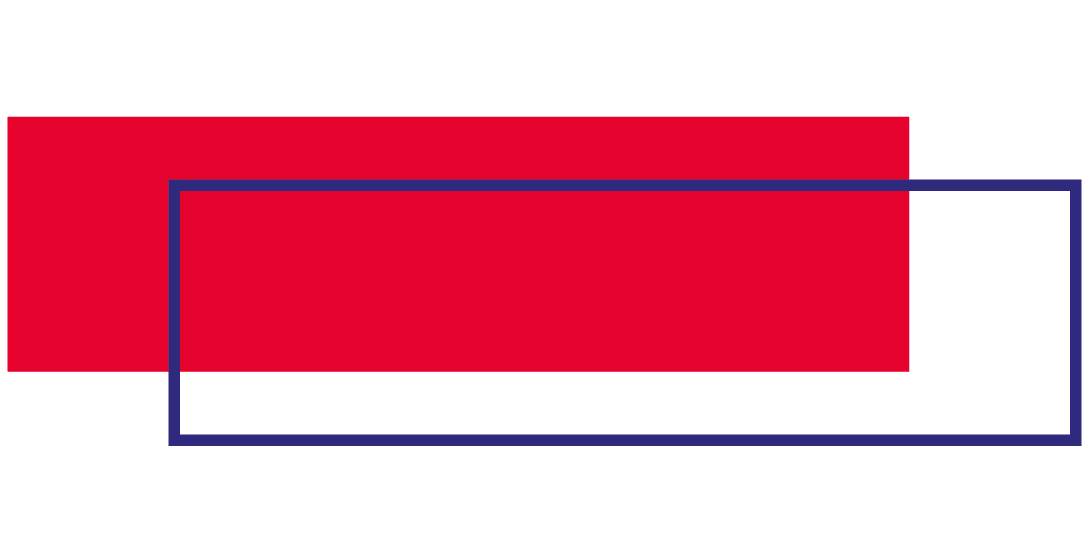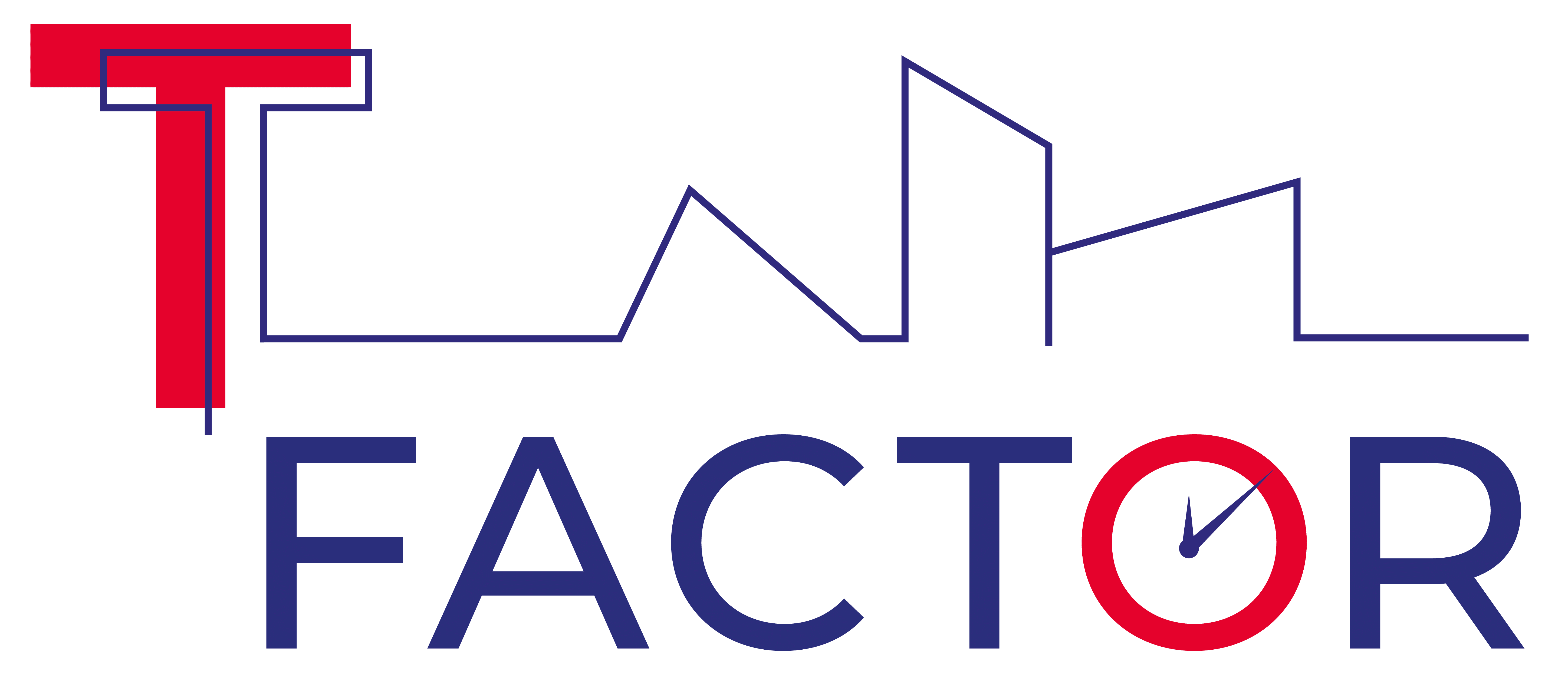Kaunas Roadshow, February 9, 2024
In a world where the urban fabric constantly evolves to meet the needs of its inhabitants, the T-Factor Roadshow event “Urban Origamis: Flexible Temporary Use Strategies in the Development of Urbanized Areas” held in the temporally closed and currently under reconstruction M. Žilinskas Art Gallery in Kaunas, Lithuania, spotlighted the transformative power of temporary urbanism. This concept, the strategic use of waiting periods in regenerating areas and renovated buildings, could be recognized as a catalyst for organic change in Lithuanian cities.
On February 9, a symbolically chosen venue became the confluence for minds from academia, business, government, strategic, and other organizations. They gathered to discuss new perspectives on urban development, particularly on how temporary urbanism could serve as a strategy for the sustainable evolution of cities across Lithuania.
As cities face ambitious yet necessary changes by 2050, including adapting to climate change, population growth, and urban distribution, the integration of new urbanization models is imperative. The event presented practices from Lithuania and abroad on the temporary use of spaces and buildings as a means for cities to adapt to changing conditions, renew, and remain vibrant. Temporary urbanism is not merely a short-term reaction to urban changes but a proactive strategy to make “waiting periods” meaningful and beneficial. It offers local communities, municipalities, businesses, and creators an opportunity to share experiences and forge new spatial and urban thinking practices.
Furthermore, the event included discussions on applying temporary use strategies in Lithuanian contexts, considering different legal and planning systems. Creative workshops invited participants to propose ideas for repurposing unused city areas and buildings for new activities. The workshops also introduced methodological tools for implementing temporary strategies and discussed how these strategies could become a foundation for cities’ resilience to economic, social, and environmental changes.
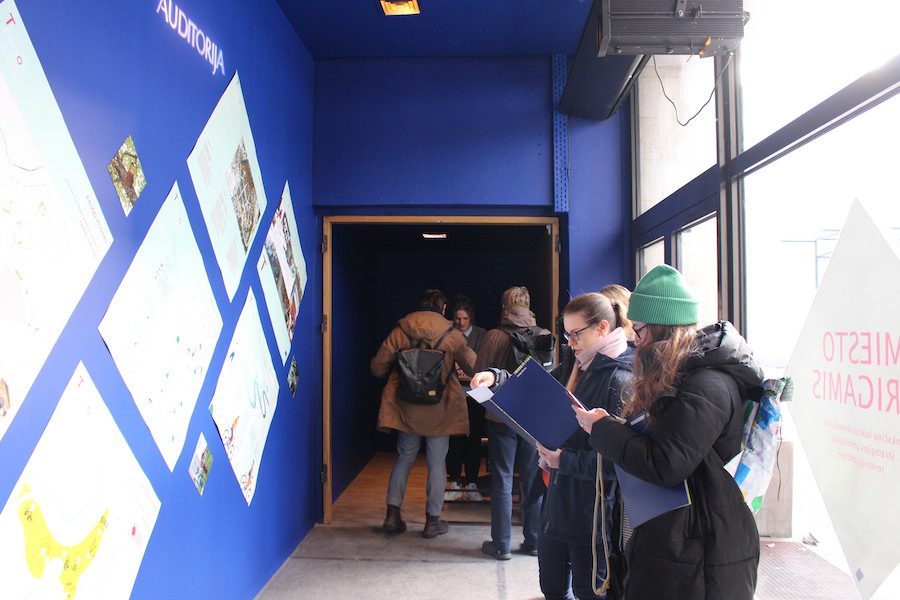
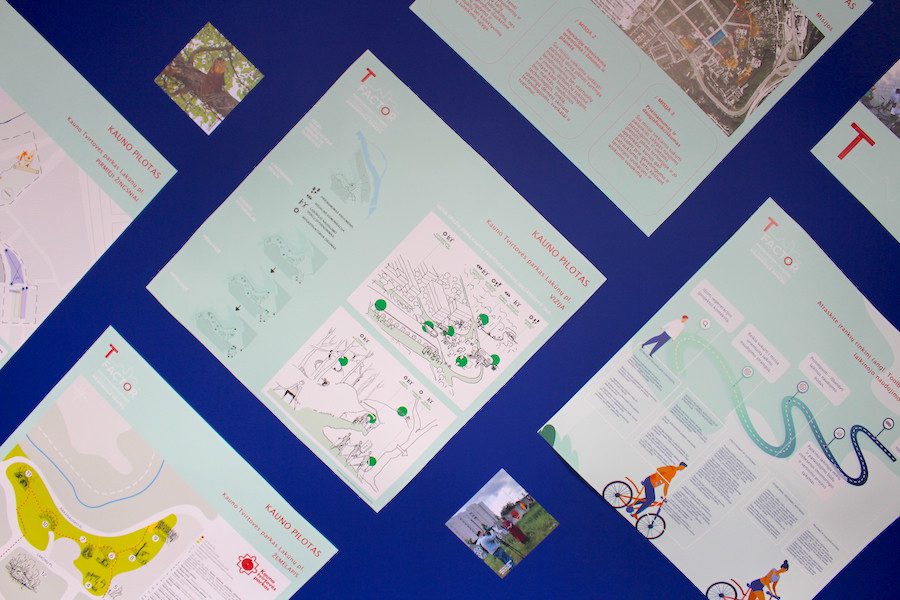
Discussing temporary urbanism as a strategic tool
The first workshop, “Policy Lab on Strategic Urban Development: Temporary Agreements – Long-term Benefits”, led by Dovilė Gaižauskienė, aimed to discuss the context of temporary urbanism and the steps and actions needed to enable these tactics at a strategic level. It emphasized the importance of considering global geopolitical dynamics in the development of temporary urbanism and highlighted that temporary urbanism practices align with the Sustainable Development Goals, significantly contributing to the reduction of consumption, promoting sustainable mobility, and fostering a strong sense of community and trust among citizens.
The workshop stressed the educational aspect of learning to live in uncertainty, and recognized temporary urbanism as an expression of a strengthened civil society. Furthermore, the role of co-creation, the increasing attention of state institutions to citizen opinions, the necessity of defining institutional roles, the challenges posed by politicization, the need for a clarified business role, and the importance of smooth collaboration among stakeholders were discussed. Actions required for the advancement of temporary urbanism were identified, highlighting the importance of universal understanding, systemic measures, and effective mechanisms for collaboration between institutions and society.
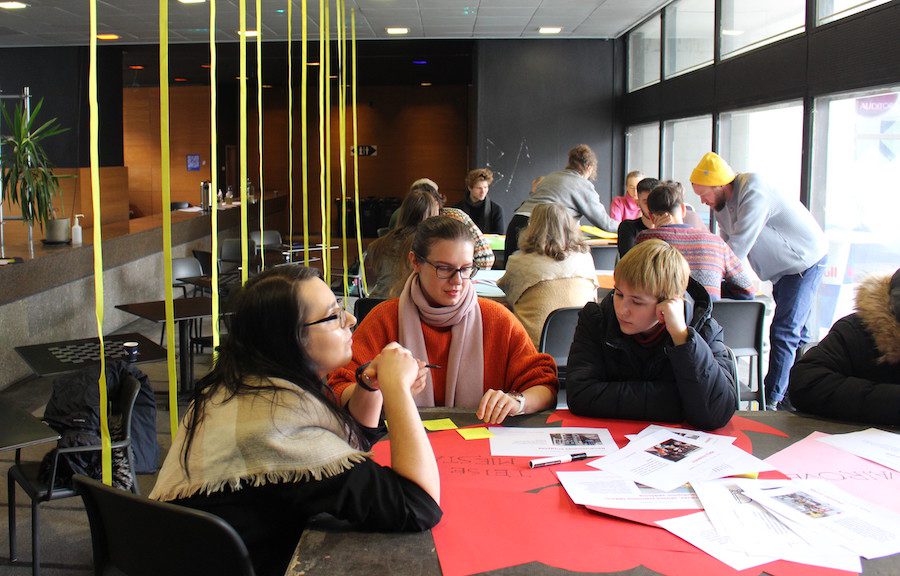
Sharing highlights from real case studies: T-Factor Toolbox
The event also featured practical workshop “The Guide to Temporary Practices: Toolbox”, led by Aistė Eidukevičiūtė and Robert Ilgen. Here participants were introduced to and engaged with the “Toolbox” created by “T-Factor”. This toolbox is designed to help organizations and venues undergoing renovation or regeneration to strategically test various activities, ideas, and operational models, thereby contributing to the refinement of the organization’s or venue’s vision and more effective planning of future steps.
The workshop aimed to introduce and practically explore the “T-Factor Toolbox”. During these creative-practical sessions, we showcased “The Nest” (Lizdas) located at the Žilinskas Gallery, exemplifying how temporary activities can revitalize unused or abandoned buildings. Žilvinas, co-founder of “The Nest”, shared their journey from hosting music events in deserted buildings in London to establishing a well-known club in the gallery space, highlighting the transformation of such spaces for temporary uses. Participants were encouraged to consider other activities, initiatives, or interventions that could enhance the gallery’s mission, leveraging the “T-Factor Toolbox” to strategically test various activities and ideas during renovation/regeneration processes. The workshop was based on six key themes relevant to urban regeneration: local identity, vitality, biodiversity, innovation, sustainability, and the right to the city. Participants proposed diverse temporary activities, ranging from outdoor cinemas to community greenhouses, and discussed the feasibility and impact of these ideas, focusing on how to begin implementing such initiatives effectively.
The Roadshow “Urban Origamis: Flexible Temporary Use Strategies in the Development of Urbanized Areas” in Kaunas has underscored the crucial blend of factors necessary for the flourishing of temporary urbanism, including successful past practices, community engagement, and the urgency of addressing global sustainability and resilience challenges. It has set the stage for a future where temporary urbanism, in its evolving iterations, is not just a concept but a lived reality across Lithuania and beyond, fostering environments where communities can thrive amidst uncertainty and change.

